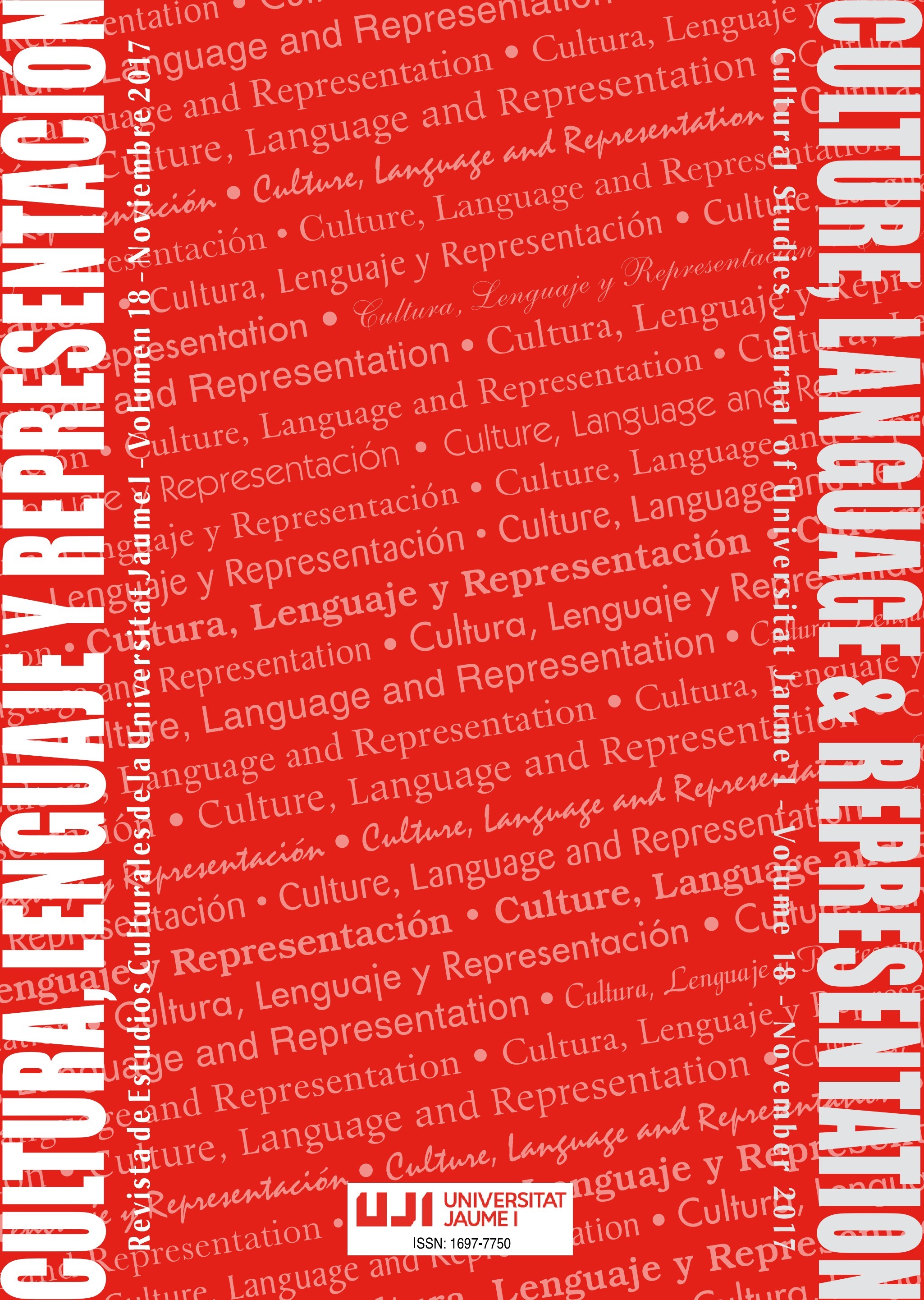El desprecio, la técnica y el lenguaje: sobre el rechazo de Heidegger a la expresión cinematográfica
Contenido principal del artículo
Resumen
El presente artículo analiza la posición del cine dentro de la teoría estética de Martin Heidegger. Frente a la importancia que la arquitectura o la poesía desempeñó en la particular construcción filosófica del autor alemán, el cine tuvo para este un lugar secundario. La reciente publicación del primer volumen de sus Cuadernos negros en castellano ha ofrecido a los investigadores una gran cantidad de material al respecto que nos permite sistematizar y explicitar lo que aparecía sugerido en el resto de su obra: para Heidegger, el cine solo podía ser pensado desde sus relaciones con la técnica –entendida en su vertiente alienadora, propia de los modos de vida inauténtica– y el lenguaje –considerado siempre en oposición a los elementos estrictamente visuales–. Nuestro trabajo desarrollará ambos parámetros, demostrando no solo la conexión que lo cinematográfico mantiene entre ellos, sino también que el desprecio heideggeriano por el cine funciona como una respuesta política, conectada profundamente con los parámetros sobre los que se desarrolla tanto su filosofía anterior a la kehre como sus textos posteriores a la etapa del rectorado.
Our work analyzes the role that cinema played on the aesthetical theory of Martin Heidegger. If the architecture or the poetry were notably relevant on the philosophical development of the german author, the cinema was always relegated to a secondary position. The recent publication of the first volume of the Black notebooks in Spanish has given us a new amount of material for systematize and explain the darkest suggestions that we found in other places of his bibliography: for Heidegger, cinema could only be understood in connection with the technology –understood in an alienating way– and the language –considered always in his direct opposition to the visual elements. Our work will develop both concepts, showing not only the connection of the cinematic experience between them, but also how the contempt that Heidegger shown about the cinema works as a kind of political answer, deeply connected with the basic philosophical parameters developed before the kehre and after his years in the Friburg’sprincipalship.
Descargas
Detalles del artículo
Se utiliza una licencia de derechos de autor CREATIVE COMMONS de acceso abierto.
Aquellos autores/as cuyos trabajos sean publicados por esta revista esta revista, aceptan los términos siguientes:
Concretamente mediante las siguientes acciones:
- - Los autores/as conservarán sus derechos de autor y garantizarán a la revista el derecho de primera publicación de su obra, el cuál estará simultáneamente sujeto a la Licencia de reconocimiento de Creative Commons CC BY SA que permite a terceros compartir la obra siempre que se indique su autor y su primera publicación esta revista.
- - Cumplimiento de un porcentaje mínimo del 40% de mujeres como revisoras de los trabajos enviados a la revista.
- - Los autores/as conservarán sus derechos de autor y garantizarán a la revista el derecho de primera publicación de su obra, el cuál estará simultáneamente sujeto a la Licencia de reconocimiento de Creative Commons CC BY SA que permite a terceros compartir la obra siempre que se indique su autor y su primera publicación esta revista.
- - Los autores/as podrán adoptar otros acuerdos de licencia no exclusiva de distribución de la versión de la obra publicada (p. ej.: depositarla en un archivo telemático institucional o publicarla en un volumen monográfico) siempre que se indique la publicación inicial en esta revista.
- - Se permite y recomienda a los autores/as difundir su obra a través de Internet (p. ej.: en archivos telemáticos institucionales o en su página web) antes y durante el proceso de envío, lo cual puede producir intercambios interesantes y aumentar las citas de la obra publicada.


